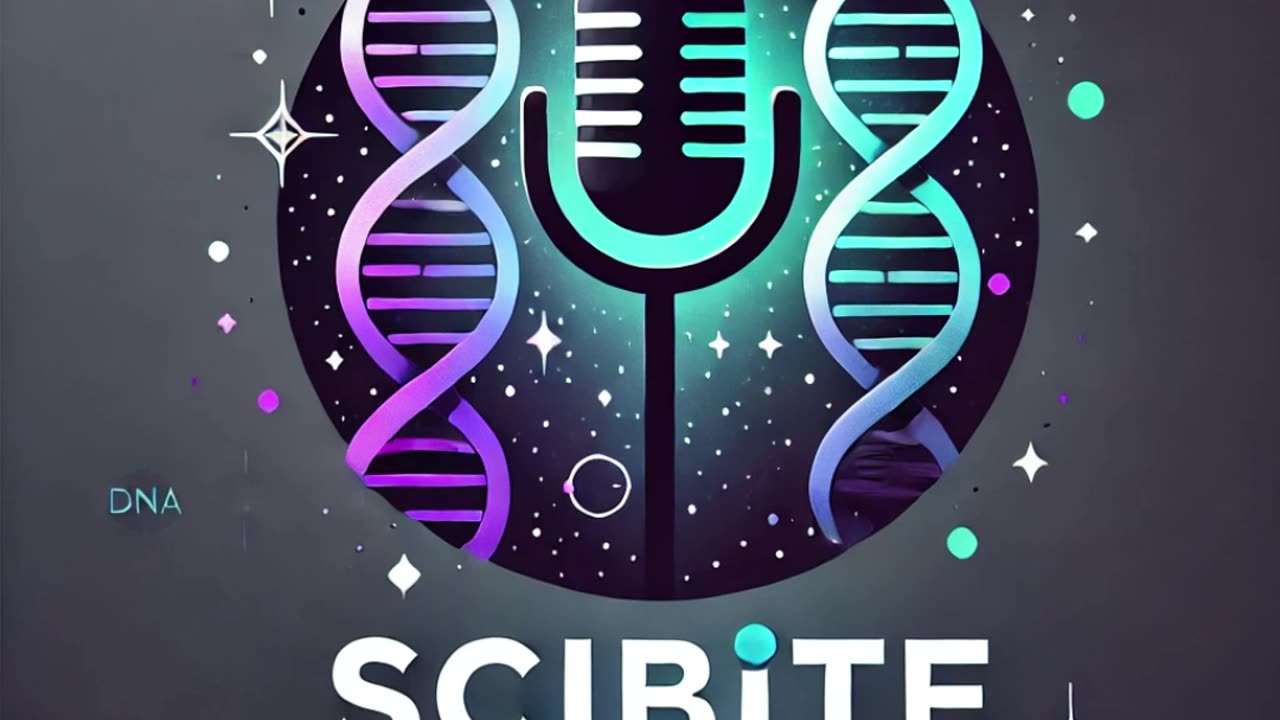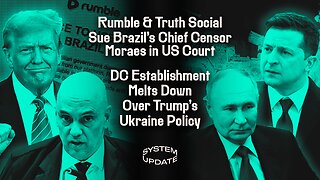Premium Only Content

🧠 Our Brains Divide the Day Into Chapters: Psychologists Have Revealed What Triggers the Shift 🧠
🌟 Key Points: 🌟
- A study published in Current Biology found that the brain actively organizes life experiences into meaningful “chapters” based on a person’s current focus and priorities, rather than just external environmental changes.
- Researchers used audio narratives and MRI scans to show that attention to different story details influences how the brain divides experiences, providing new insights into how we perceive and remember events.
🌟 How the Brain Divides Experiences: 🌟
- The brain divides experiences into chapters based on attention and goals, not just external changes.
- Researchers showed that what people focus on shapes how their brain organizes events.
- The moment a person steps off the street and into a restaurant, the brain mentally starts a new “chapter” of the day, causing a big shift in brain activity.
🌟 Testing Hypotheses About Event Boundaries: 🌟
- The research team, led by Christopher Baldassano and Alexandra De Soares, wanted to understand what prompts the brain to form a boundary around the events we encounter.
- They tested whether new chapters are caused by big changes in a person’s surroundings or by internal scripts based on past experience.
- The study used 16 audio narratives, each about three to four minutes long, set in different locations and dealing with various social situations.
🌟 Active Brain Engagement, Not Passive Responses: 🌟
- The brain actively organizes life experiences into chunks that are meaningful to us, rather than just responding passively to changes in sensory inputs.
- Researchers measured where the brain created new chapters by looking at MRI scans and by asking participants to press a button to indicate when they thought a new part of the story had begun.
- The brain divided stories into separate chapters depending on the perspective participants were told to be attuned to.
🌟 Future Research Directions: 🌟
- The researchers hope to investigate the impact that expectations have on long-term memory.
- They asked participants to recall everything they remembered about each story to understand how the perspective they were asked to adopt while listening to the story changes the way they remember it.
- This study is part of an ongoing effort to build a comprehensive theory about how real-life experiences are divided up into event memories.
🌟 Research Methodology: 🌟
- The study used audio narratives and MRI scans to track brain activity patterns over time.
- Participants were prompted to focus on different details of the stories, influencing what their brains perceived as a new chapter.
- The results indicate that prior knowledge and expectations are key ingredients in how this cognitive system works.
📚 Reference: 📚
- “Top-down attention shifts behavioral and neural event boundaries in narratives with overlapping event scripts” by Alexandra De Soares, Tony Kim, Franck Mugisho, Elen Zhu, Allison Lin, Chen Zheng, and Christopher Baldassano, 3 October 2024, Current Biology.
- DOI: 10.1016/j.cub.2024.09.013
💡 Funding: 💡
- Columbia University Lenfest Junior Faculty Development Award
#BrainScience #Psychology #Neuroscience #Cognition #Memory #Research #ColumbiaUniversity #CurrentBiology #EventBoundaries #MRI #AudioNarratives #CognitiveScience
📚 Interested in learning more? Check out these amazing science books and resources on Amazon that I've handpicked for you! Dive deeper into the subject and expand your knowledge. 📚
🛍️ Shop my recommendations: https://amzn.to/3AuBl1r
💡 Remember, when you purchase through my link, you're supporting my channel and helping me create more engaging science content for you! It doesn't cost you anything extra, but it means a lot to me. 😊
⬇️ Don't forget to:
Like this video if you enjoyed it!
Subscribe for more bite-sized science content!
-
 9:07
9:07
Silver Dragons
16 hours agoThis GOLD REVALUATION Will Change Everything
2.25K6 -
 9:16
9:16
MudandMunitions
16 hours agoGriffin Armament 3x Prism Optic Unboxing and First Impressions! The Ultimate Tactical Upgrade
1.28K -
 6:01
6:01
John Crump News
16 hours ago $0.01 earnedGOA vs. Philly: The Fight Starts!
6.51K1 -
 3:03:35
3:03:35
TimcastIRL
10 hours agoTrump Just FIRED OVER 6,700 IRS Agents In PURGE, Democrats SOMEHOW Angry w/Chloe Cole | Timcast IRL
185K260 -
 1:39:48
1:39:48
Kim Iversen
13 hours agoThe Measles Fear Hoax: How They’re Using an Outbreak to Smear RFK Jr.
110K82 -
 1:18:19
1:18:19
Glenn Greenwald
12 hours agoRumble & Truth Social Sue Brazil’s Chief Censor Moraes in US Court; DC Establishment Melts Down Over Trump's Ukraine Policy | SYSTEM UPDATE #409
122K139 -
 1:33:39
1:33:39
Redacted News
14 hours agoBREAKING! Europe goes NUCLEAR against Trump over pushing for PEACE in Ukraine | Redacted
201K277 -
 1:00:43
1:00:43
The StoneZONE with Roger Stone
10 hours agoRoger Stone Destroys Mike Pence for Attacks on Trump | The StoneZONE
135K52 -
 1:05:43
1:05:43
Flyover Conservatives
1 day agoFederal Reserve on the Chopping Block—Trump’s Boldest Move Yet! - Floyd Brown, Western Journal | FOC Show
71.5K7 -
 2:50:40
2:50:40
Melonie Mac
15 hours agoGo Boom Live Ep 38!
72K4